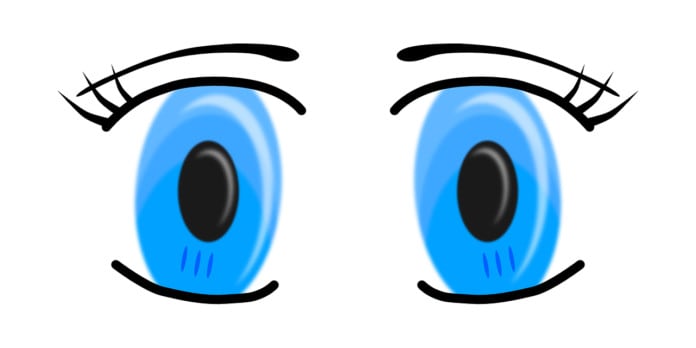Last Updated on October 26, 2024 by The Health Master
Diabetes and the eye – No sweet talk
KOCHI: Diabetes Mellitus currently affects more than 62 million Indians which is roughly 7.2 per cent of the adult population. One of the most common questions we ask a patient in an outpatient department is if they have diabetes mellitus.
This is because diabetes can affect various parts of the body, the eyes being one of the main organs.
The duration of diabetes and the level of control of blood sugar play an important role in determining the extent of damage it can have on the eye.
Patients are often surprised to hear that their diabetic condition is the reason for their eye problem.
This is because people are still unaware that diabetes can not only affect the eye, but it can also lead to loss of vision.
Problems caused by diabetes in the eye
It can be something as simple as frequent change in refractive error, recurrent painful swelling in the eyelids (stye) to more serious problems which affect vision such as cataract, glaucoma and Diabetic Retinopathy.Diabetic Retinopathy is one of the leading causes of irreversible blindness.
If not detected early, it can ultimately lead to loss of vision. In initial stages, it goes unnoticed as it may not cause significant visual problems but as the disease progresses, it can become sight-threatening.
This is why it is important for all diabetics to have yearly retinal check-ups for early detection of this condition.
If you are a known diabetic, it is first and foremost important to keep your blood sugar level under control with necessary medication and diet. Frequent measurement of random, fasting and postprandial blood sugars, as well as Hba1C level, is advised.
Associated conditions such as hypertension and high cholesterol levels should also be kept under control as these can either aggravate the diabetic effects on the eye or by themselves affect the eye. Smoking should be avoided, and physical activity is encouraged.
Management
In case of detection of diabetic retinopathy, the treatment varies depending on the stage of the condition. Milder stages of the disease only require stricter control of blood sugar levels.
More severe stages will require some form of laser, injections or in some cases, surgery. Depending upon the severity of the condition, the management and follow-up examinations will vary from person to person.
Yearly comprehensive eye and retina evaluation should be mandatory for every person diagnosed with diabetes.
People with diabetes should be advised by all doctors to consult an ophthalmologist for retina evaluation irrespective of their symptoms.
Early detection and management of diabetic eye disease or retinopathy can help prevent irreversible loss of vision. (The writer is a consultant at Rajan Eye Care Hospital, Chennai)
Diabetic Retinopathy
● Diabetic Retinopathy is one of the leading causes of irreversible blindness.
● In initial stages, it goes unnoticed as it may not cause significant visual problems but as the disease progresses, it can become sight-threatening.
By Dr Sashwanthi Mohan, Express News Service
DISCLAIMER: The views expressed are solely of the author and TheHealthMaster.com does not necessarily subscribe to it. TheHealthMaster.com shall not be responsible for any damage caused to any person / organization directly or indirectly.
The Health Master is now on Telegram. For latest update on health and Pharmaceuticals, subscribe to The Health Master on Telegram.


